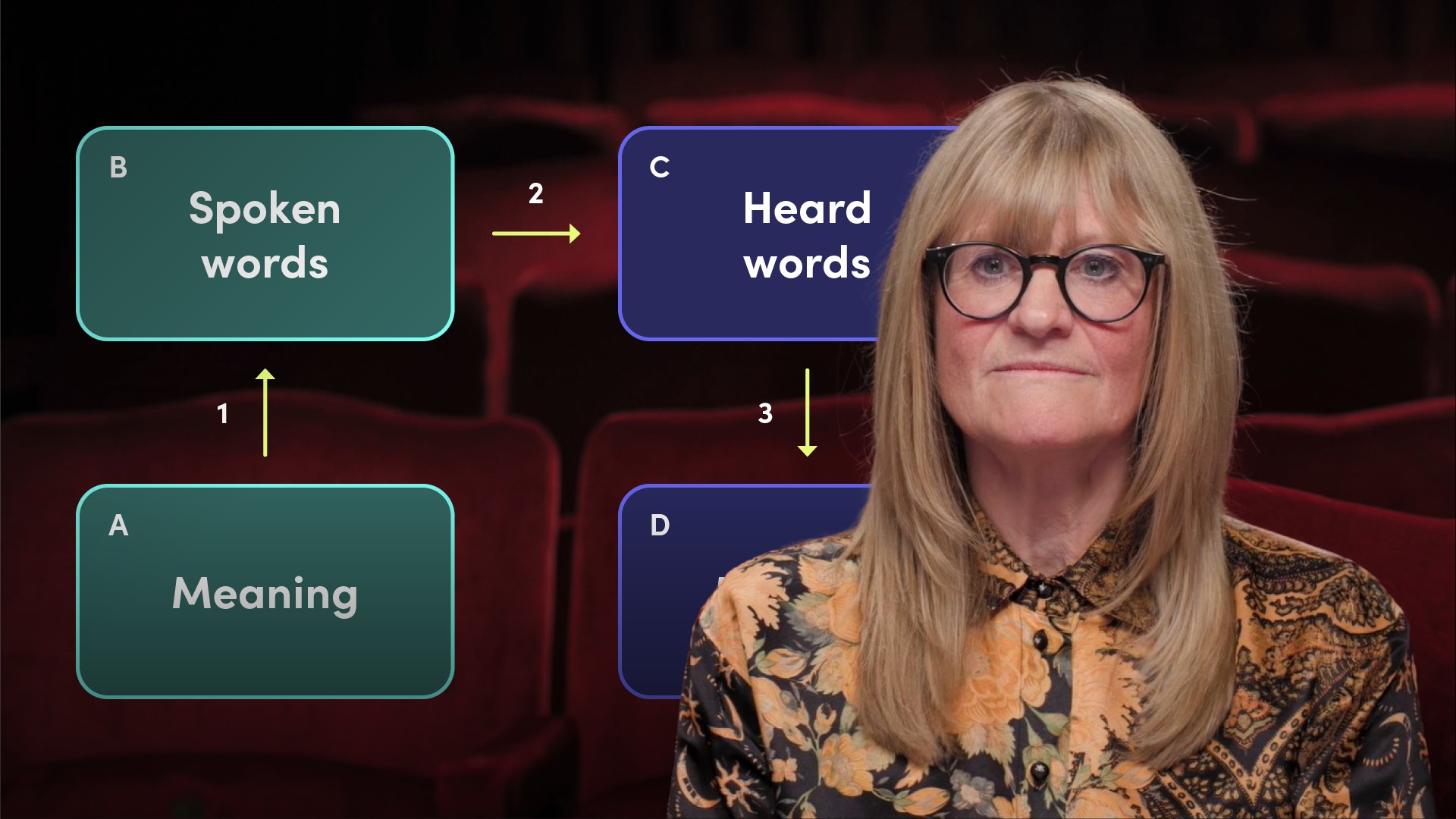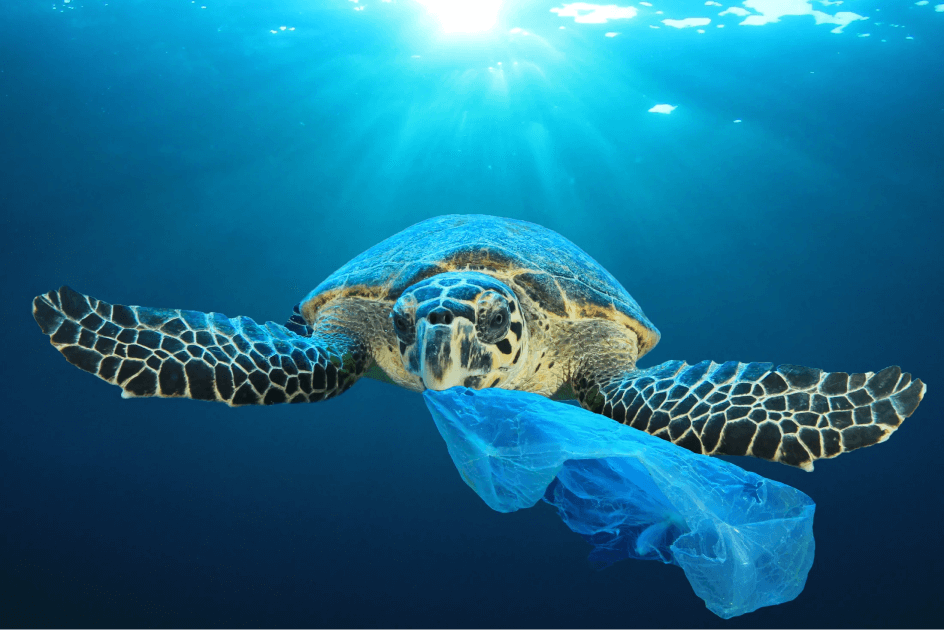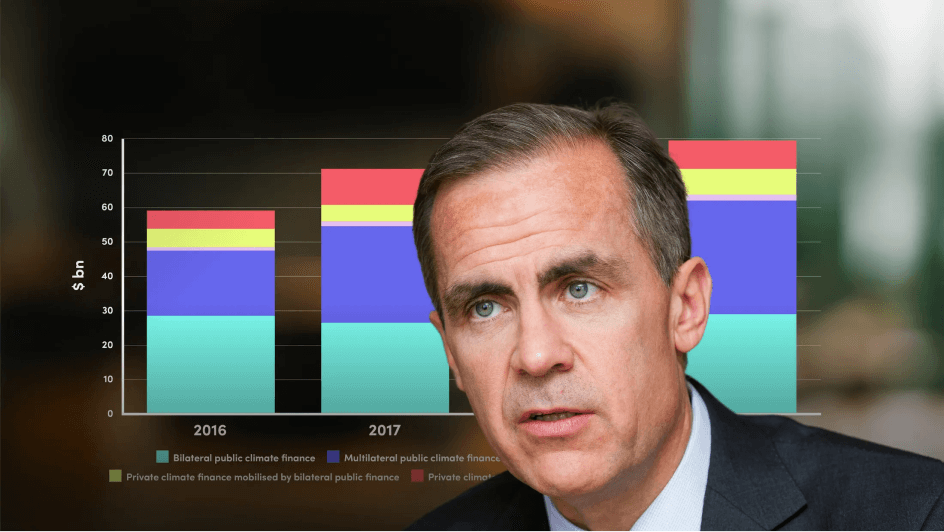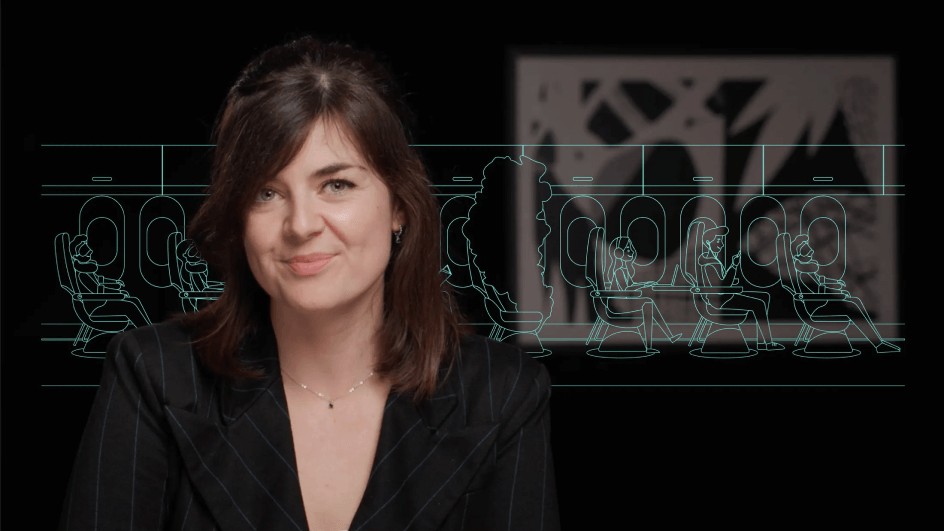
How Do Our Minds Work When We Are Listening?

Debbie Taylor
25 years: HR & Management
In the third video of her series, Debbie continues to explore the things that get in the way of good listening. She references clinical psychologists specialising in communication and highlights what they have discovered about how meaning in conversations can get lost and how to overcome misunderstandings.
In the third video of her series, Debbie continues to explore the things that get in the way of good listening. She references clinical psychologists specialising in communication and highlights what they have discovered about how meaning in conversations can get lost and how to overcome misunderstandings.

How Do Our Minds Work When We Are Listening?
3 mins 53 secs
Key learning objectives:
Understand how quickly humans talk and think
Understand how minds work when we are listening
Overview:
Many things get in the way of good listening as we are human beings not robots and these are covered in the next three videos. In this one, we learn how listening is impacted by the differences in speed between our talking and thinking and how are minds work when we listen.
How quickly do humans talk and think?
The average person talks to us at about 125 words a minute, whilst we can actually think up to 500 words a minute so that means lots of spare capacity in our heads for us to talk to ourselves, i.e. Self- Talk. This can mean that instead of active listening, we become distracted with our own thoughts and emotions and pre-occupations, which we then become more intent on expressing to the other person, than taking any notice of what they are saying.How do our minds work when we are listening?
This has been especially well visualised by Thomas Gordon (1918-2002) an American Clinical Psychologist and pioneer in teaching communication skills and conflict resolution methods. He explained communication between two people as follows: Let's assume, we have the Speaker who has hidden thoughts with their meanings in their head and heart, based on a background of their own life experiences. They express those thoughts in words, in a certain tone and with a certain body language. The Listener hears what they actually said, then the Listener interprets and hypotheses on what the words meant. It can only be a guess because things can go wrong at several stages in this process – at (1), (2) and (3). At (1), because people do not always say what they mean. The words expressed are only a tiny part of a rich inner experience from which it emerged. There may be language challenges, they may be embarrassed or afraid, they may be keen to make a good impression or are aiming to deceive the Listener. The words form only a very small part of the story. At (2) the Listener’s hearing may be hampered by many factors such as inattention, distance, distraction, a hearing impairment, a foreign language all of which can mean that the words are different. At (3), the Listener decodes the meaning based on their inner dictionary of possible meaning and past experiences to assemble their interpretation.
Debbie Taylor
There are no available Videos from "Debbie Taylor"





















